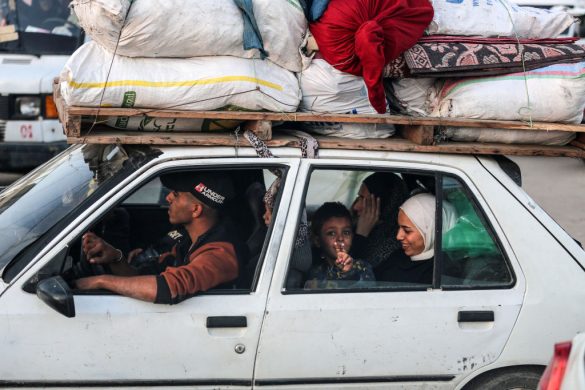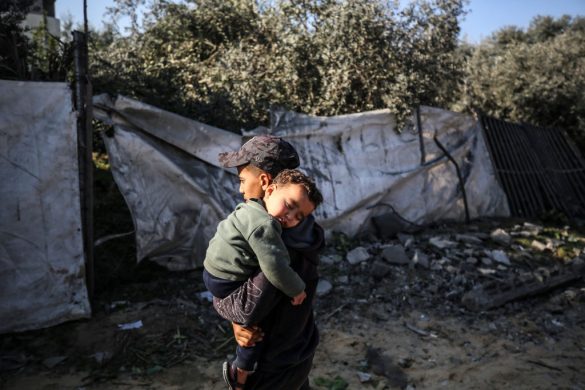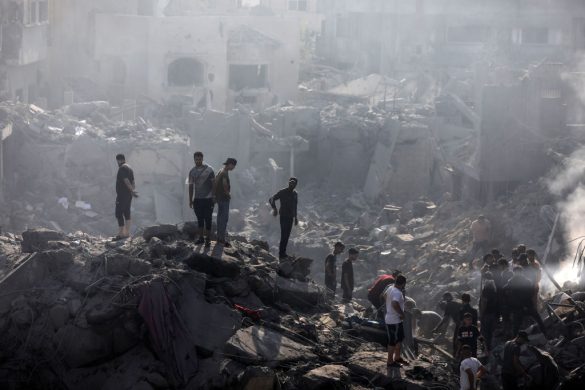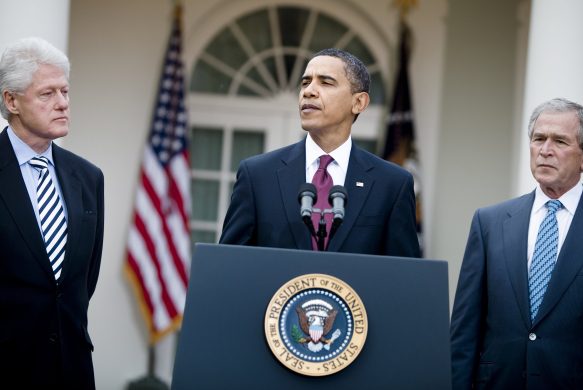FN og lokale myndigheder i den nordlige del af Irak leverer nødhjælp i form af mad, hygiejneudstyr og petroleum til hundredvis af kristne familier, som er blevet tvunget til at flygte fra deres hjem i Iraks andenstørste by Mosul efter intimidering og vold rettet specifikt imod kristne.
Skriver UN News Centre tirsdag.
“Protection remains an ongoing concern for the Christian community as well as other vulnerable groups remaining in Mosul,” the UN Office for the Coordination of Humanitarian Affairs (OCHA) reported yesterday.
TRUENDE TELEFONOPRINGNINGER OG KRAV OM BESTIKKELSE
Fleeing families told OCHA that while many Muslim residents in Mosul had shown sympathy to the plight of the Christian community, continued threatening telephone calls and demands for bribes had caused them to flee.
Some women interviewed by OCHA also said they felt pressured to wear the hijab, a veil worn by Muslim women, so as not to be identified as a Christian.
ET STIGENDE PROBLEM
The number of people displaced rose from 720 families or 4,320 people on 1 March to 866 families or 5,196 people just three days later.
The World Food Programme (WFP), through its partner Islamic Relief, distributed 50 kilograms of wheat flour per family to 638 families in different locations in Ninewa governorate, which includes Mosul – Iraq’s second largest city.
FN HJÆLPER
Additional families received food assistance through WFP’s programmes for internally displaced persons (IDPs) in the neighbouring Dahuk and Erbil governorates.
The UN Children’s Fund (UNICEF), through it cooperating partner, International Medical Corps, has announced plans to conduct an awareness campaign on child protection for all IDPs in the areas of displacement.
In addition, the Kurdistan Regional Government has issued directives to local universities to facilitate the enrolment of affected Christian students after they reported that they were not attending classes in their hometown.
The humanitarian effort is overseen by the UN High Commissioner for Refugees (UNHCR), with support from OCHA, local Iraqi authorities, the UN Assistance Mission in Iraq (UNAMI) and other UN agencies.














